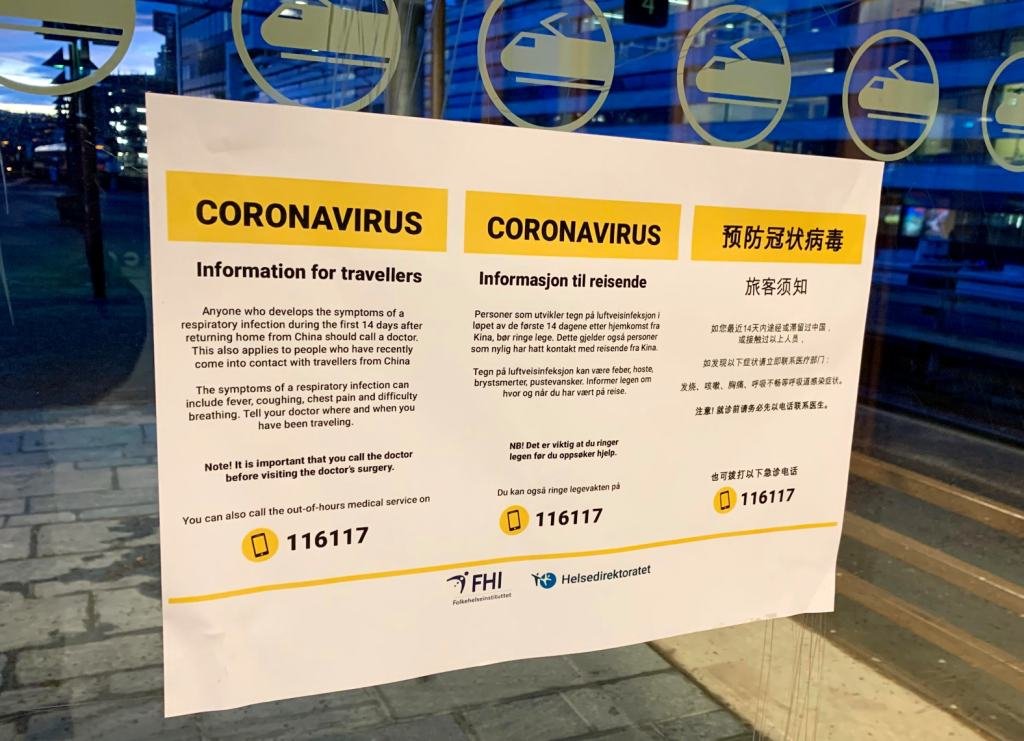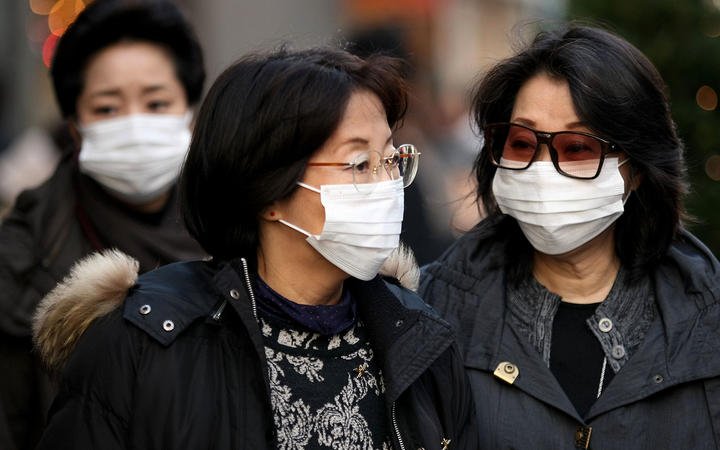Can a person experience reappearance of coronavirus or COVID-19 symptoms?
Amid Wuhan coronavirus outbreak, new cases of patients testing positive twice after testing negative previously are catching up with more updates about the reappearance of coronavirus to the patients.
The coronavirus outbreak has now become worse. It unfurled a new complexity after Chinese authorities announced that patients were found positive again in their follow up controls.
The reappearance of symptoms of coronavirus infection tilts the global outbreak more to uncertain conclusions.
Undoubtedly the recovery rate of the COVID patients is good, but still, it enshrouds you at a risk.
A report covered by South China Morning Post, Health practitioners reported that between 3 to 10 percent of the cured COVID patients, became reinfected with some illness. Albeit, it’s not yet proved whether they were infected with coronavirus again.
The report from Taiwan News, published, “The physicians working in Wuhan, fighting against Coronavirus Outbreak, unveiled that patients, even medically cleared have been reinfected.

Deputy Director of Guangdong Center for Disease Control and Prevention, Song Tie, said to caixinglobal, that they are putting efforts to understand this phenomenon, but it also indicates, earlier the people were not fully get rid of the virus.
“A recovery doesn’t mean the virus is gone — it is dormant.”
After China, the last reported case of coronavirus transmission in Japan threw light over reinfection.
In Japan, a woman patient has been confirmed again with coronavirus case for the second time after recovering from a previous illness.
Regarding the recent case in Japan, Professor Paul Hunter said,
Yet, we have no integrated information about the recent case to release a proper opinion about it.
Read more: Why Italy is experiencing a high COVID death rate?
It is yet questionable “how many tests were negative before her initial discharge?”
“Does she have any underlying illness or she on any treatment that could affect her immune system?”
He further added important points, that the reported case emboldens 2 possibilities:
1. It may indeed an illness relapse: In SARS, a similar situation was last seen in someone treated with steroids. According to Dr. Tierno, the illness could be biphasic.
2. The person may have a prolonged excretion of initially found viruses. The tests might not have done sufficiently to confirm clearance.
COVID-19 causes less frequent respiratory tract symptoms than It did in the SARS outbreak.
Can a person test negative and later test positive for COVID-19?
Some findings by the State-run newspaper of China, People’s Daily, some quarantine facilities in Wuhan reported 5 to 10 percent of the cured COVID patients tested positive again.
In the early stages, there may be a possibility that the virus may not be detected. But recent cases have evolved new developments in the coronavirus transmission cases.
Still, these are rare and would not have an enormous impact on preventive measures, as Connor Bamford, Belfast based virologist told Euronews.

The South China Morning Post reports, near about 14% of cases of coronavirus transmitted patients, tested positive again in China, despite being ensuring all clear with coronavirus symptoms. So, if the rate of reinfection of coronavirus is consistent and accurate, it would be more challenging.
Can you get coronavirus twice?
In the New York Times report, a health official from Guangdong told reinfected people was discharged after testing negative but they again fell ill.
Experts are vocal about the fears that case raises about “persistent” infection. It points to the possibility of a virus lying dormant in the patients for a long and suddenly comes again in Chickenpox and Herpes.
It is not yet clear, the people tested positive with coronavirus transmission are contagious. But given several reported cases of reinfection still extends uncertainties.
In a further report of Reuters, Philip Tierno Jr. Professor at NYU School of Medicine also reiterated the persistence of the virus.
He said, “Once you have the infection, it could remain dormant and with minimal symptoms, and then you can get an exacerbation if it finds its way into the lungs,”

From Japan Times, the director of the Infectious Diseases Center, Masaya Yamato said, “A patient who contracts the virus needs about 14 days, or longer in some patients like the elderly, to produce the antibodies,”
He further added, “A recovery doesn’t mean the virus is gone — it is dormant.”
Yamato also explained how the virus can reinfect the body. Viruses like SARS, COVID-19, remain hidden in certain body cells i.e. in gastrointestinal tissues. Soon it reactivates, it starts attacking your respiratory tracts and intestines.
Hitoshi Oshitani, a professor at the Tohoku University Graduate School of Medicine, also supported the possibility of coronavirus redevelopment.
He did not nullify the possibility of coronavirus reinfection with less severity.
Read more: Smoking may increase the risk from the deadly virus, says WHO
Now there are some potential concerns related to the accuracy of laboratory tests for confirming diagnoses.
According to the Chinese media and BBC reports suggested that some people experience their test negative even though, the people are found infected with the coronavirus.
Dr. Li Wenliang was hospitalized after experiencing cough and fever problem. He was found negative for coronavirus transmission test several times but unfortunately died due to deadly coronavirus.
Still, the claim of getting coronavirus twice once you get cured, have not been backed by scientific findings.
Researchers claimed that COVID patients will develop some immunity once they experience the virus – and it becomes rare to get an infectious disease again.
The reappearance of coronavirus in discharged patients has raised the questions over the global fight against Wuhan coronavirus outbreak (COVID-19)





